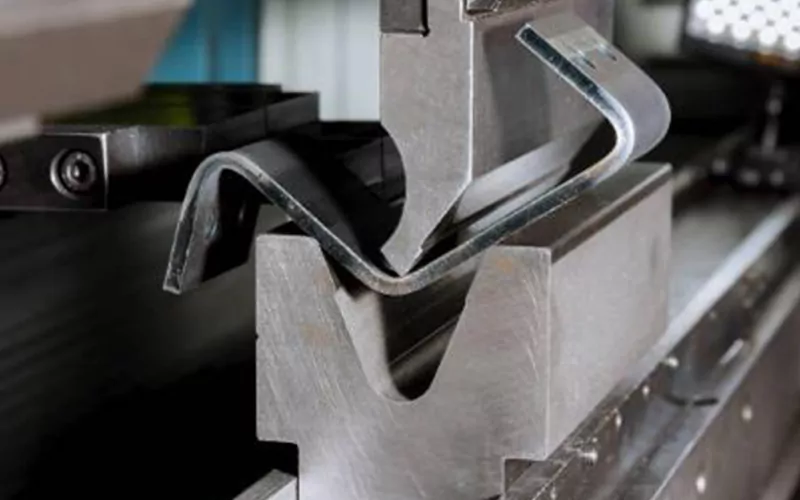See or not see, determine whether you feel interesting or bored cnc metal parts.
Precision engineering plays a crucial role in the manufacturing industry, especially when it comes to the production of metal components. With the advent of Computer Numerical Control (CNC) technology, the process of creating intricate metal parts has been revolutionized. CNC technology offers numerous advantages over traditional manufacturing methods, resulting in enhanced precision, efficiency, and cost-effectiveness. In this article, we will explore how CNC technology enhances the production of metal components and its impact on the field of precision engineering.
Enhanced Precision through CNC Technology
CNC technology enables manufacturers to achieve unparalleled precision in the production of metal components. Unlike manual machining, which relies on human operators, CNC machines are controlled by computer programs that follow precise instructions. This eliminates the potential for human error and ensures consistent accuracy in every manufactured part. The ability to program complex geometries and intricate designs allows for the creation of highly precise metal components that meet the most demanding specifications.
For example, CNC milling machines utilize rotating cutting tools to remove material from a workpiece. The computer-controlled movements of the machine precisely position the cutting tool, resulting in accurate and repeatable cuts. This level of precision is crucial in industries such as aerospace, automotive, and medical, where even the smallest deviation can have significant consequences.
Increased Efficiency and Productivity
CNC technology significantly enhances the efficiency and productivity of metal component production. Traditional machining methods often require manual adjustments and frequent operator intervention, leading to longer production times and increased labor costs. In contrast, CNC machines can operate continuously, 24/7, with minimal human supervision.
Furthermore, CNC machines can perform multiple operations in a single setup, reducing the need for manual intervention and setup changes. This streamlines the production process and minimizes downtime, resulting in faster turnaround times and increased productivity. Manufacturers can produce metal components at a much higher rate, meeting customer demands more effectively.
Cost-Effectiveness of CNC Technology
While CNC machines may require a significant initial investment, they offer long-term cost savings in the production of metal components. The precision and efficiency of CNC technology reduce material waste and minimize the need for rework or scrap. Manufacturers can optimize material usage, resulting in cost savings and improved profitability.
Additionally, CNC machines eliminate the need for specialized jigs, fixtures, and tooling for each unique component. The flexibility of CNC technology allows for quick and easy reprogramming, enabling manufacturers to produce different metal components without the need for extensive tooling changes. This reduces setup costs and increases overall cost-effectiveness.
The Future of Precision Engineering with CNC Technology
The integration of CNC technology into precision engineering has opened up new possibilities for the manufacturing industry. As technology continues to advance, CNC machines are becoming more sophisticated, offering higher precision, faster speeds, and increased automation.
One area of development is the use of artificial intelligence (AI) and machine learning algorithms in CNC machines. These advancements enable machines to learn from past operations and optimize their performance accordingly. AI-powered CNC machines can adapt to changing conditions, predict tool wear, and make real-time adjustments, further enhancing precision and efficiency.
Another exciting development is the integration of additive manufacturing, or 3D printing, with CNC technology. This combination allows for the production of complex metal components with intricate internal structures that were previously impossible to manufacture. The ability to combine subtractive and additive manufacturing processes opens up new design possibilities and expands the capabilities of precision engineering.
In conclusion, CNC technology has revolutionized the production of metal components in precision engineering. Its enhanced precision, increased efficiency, and cost-effectiveness have made it an indispensable tool in the manufacturing industry. As technology continues to advance, CNC machines will continue to push the boundaries of what is possible, opening up new opportunities for innovation and growth.

